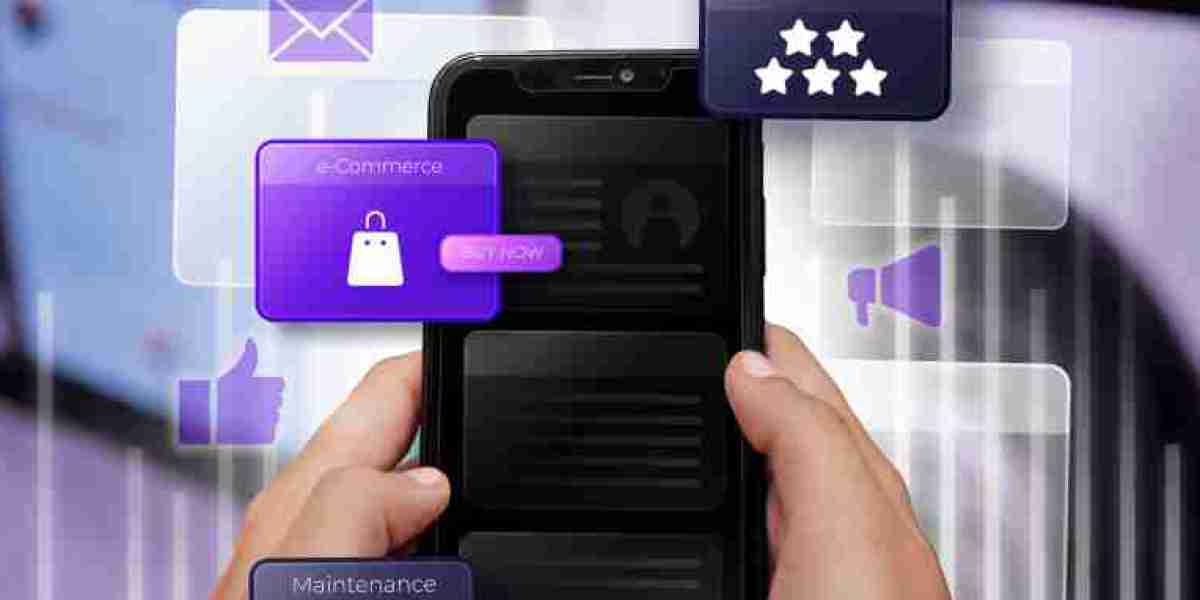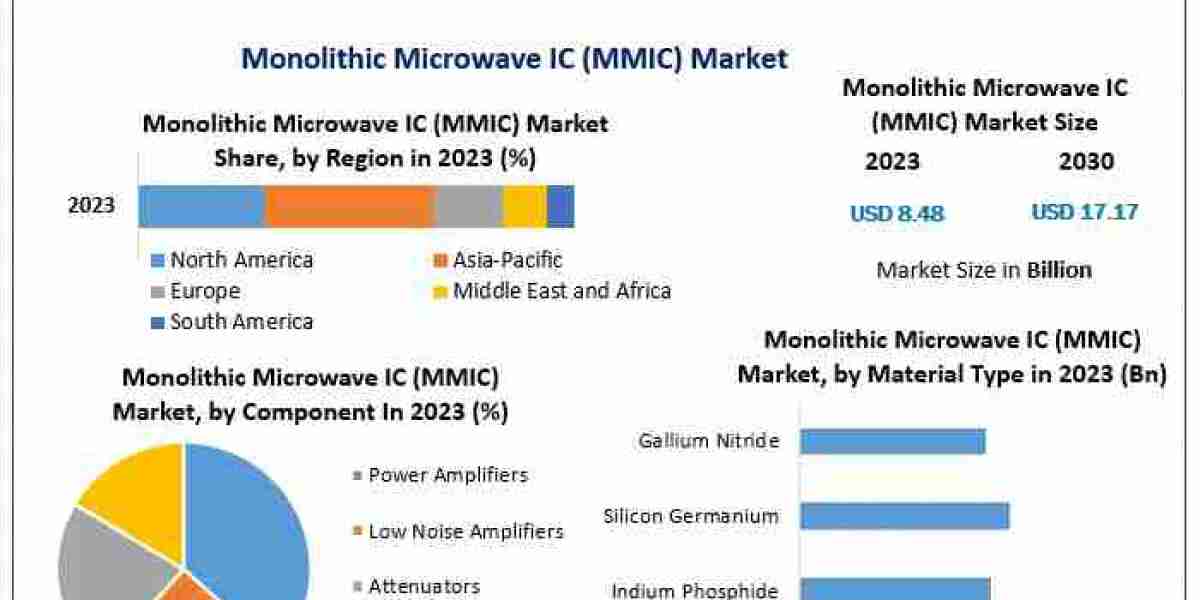South Korea vaccine refrigerator market reached an estimated value of USD 32.80 million in 2023, driven by the growing need for efficient vaccine storage solutions across the country. With the increasing focus on immunization programs and public health, the demand for specialized refrigeration units designed for vaccines has risen significantly. The market is projected to grow at a compound annual growth rate (CAGR) of 4.8% during the forecast period of 2024-2032, reaching approximately USD 49.94 million by 2032.
In this article, we will explore the key factors driving the growth of the South Korea vaccine refrigerator market, analyze the current market trends, and discuss the future growth prospects, segmentation, and challenges that may affect the market dynamics.
1. Market Drivers
1.1. Increasing Focus on Immunization Programs
The South Korean government has implemented robust immunization programs to protect its population against preventable diseases. As vaccines are temperature-sensitive and require proper storage conditions, the demand for vaccine refrigerators has surged. These refrigerators ensure that vaccines are stored at the correct temperature, preventing spoilage and ensuring their efficacy.
1.2. Rising Healthcare Infrastructure
South Korea has made significant investments in improving its healthcare infrastructure. The country’s advanced healthcare facilities and growing number of healthcare centers, hospitals, and clinics require reliable and efficient refrigeration systems to store vaccines, pharmaceuticals, and other temperature-sensitive medical products. This trend has contributed to the steady demand for vaccine refrigerators in the market.
1.3. Increasing Public Awareness About Vaccination
Public awareness campaigns and education about the importance of vaccination have led to higher vaccination rates across South Korea. This has resulted in greater demand for vaccine refrigerators in public health institutions, private healthcare providers, and research laboratories that handle vaccines.
1.4. Technological Advancements in Refrigeration Systems
Technological innovations in vaccine refrigerators have contributed to market growth. Advanced refrigerators equipped with temperature monitoring systems, alarms, and energy-efficient designs are gaining popularity. These features ensure that vaccines are stored under optimal conditions, further driving the demand for vaccine refrigeration systems in South Korea.
Get a Free Sample Report with Table of Contents: https://www.expertmarketresearch.com/reports/south-korea-vaccine-refrigerator-market/requestsample
2. Market Segmentation
The South Korea vaccine refrigerator market can be segmented based on the following factors:
2.1. By Product Type
Solar-Powered Vaccine Refrigerators: These refrigerators are gaining traction due to their ability to operate in areas with limited or unreliable electricity supply. They are particularly useful in remote locations where consistent power supply is a challenge.
Compressor-Based Vaccine Refrigerators: These are the most commonly used vaccine refrigerators in urban areas and healthcare facilities with reliable power supply. They provide precise temperature control and are highly efficient.
Absorption-Based Vaccine Refrigerators: These refrigerators use a heat source for cooling and are useful in locations where electricity is not easily accessible.
2.2. By Capacity
Small Capacity (Below 100 Liters): These refrigerators are suitable for small clinics, pharmacies, and healthcare centers with limited vaccine storage needs.
Medium Capacity (100-500 Liters): Medium-capacity vaccine refrigerators are commonly used in hospitals and larger healthcare facilities.
Large Capacity (Above 500 Liters): Large-capacity refrigerators are used in research laboratories, vaccine distribution centers, and large healthcare institutions where high volumes of vaccines need to be stored.
2.3. By End-User
Hospitals and Clinics: Hospitals and clinics represent a major end-user segment due to the large volume of vaccines stored and administered in these facilities.
Research Laboratories: Vaccine development and clinical trials require precise temperature control, making vaccine refrigerators an essential component in research laboratories.
Public Health Institutions: Government health agencies and public vaccination centers play a critical role in immunization programs, driving demand for vaccine refrigerators.
Pharmacies: Pharmacies, especially those involved in administering vaccines, also rely on vaccine refrigerators for proper storage.
Read Full Report with Table of Contents: https://www.expertmarketresearch.com/reports/south-korea-vaccine-refrigerator-market
3. Key Trends in the Market
3.1. Increased Adoption of Smart Vaccine Refrigerators
One of the emerging trends in the South Korea vaccine refrigerator market is the increasing adoption of smart refrigerators. These refrigerators are equipped with digital monitoring systems, real-time temperature tracking, and automatic alert mechanisms, ensuring optimal storage conditions. The integration of the Internet of Things (IoT) technology in these refrigerators allows remote monitoring and data logging, reducing the risk of human error and improving vaccine management.
3.2. Sustainability and Energy Efficiency
As part of global efforts to reduce carbon emissions, there is a growing demand for energy-efficient and eco-friendly vaccine refrigerators. Manufacturers are developing solar-powered and energy-efficient refrigeration systems to meet the needs of healthcare institutions while minimizing environmental impact. The focus on sustainability is expected to drive innovation in the vaccine refrigerator market.
3.3. Cold Chain Management and Logistics
Efficient cold chain management is critical for the success of vaccination programs. The increasing complexity of the cold chain, especially with the introduction of new vaccines that require specific temperature conditions, has led to the development of advanced refrigeration solutions. These systems ensure that vaccines are stored and transported under optimal conditions throughout the supply chain.
3.4. Expansion of Vaccine Storage Facilities
The COVID-19 pandemic highlighted the importance of expanding vaccine storage facilities to accommodate large volumes of vaccines. The need for additional storage capacity, particularly during mass vaccination campaigns, has spurred investments in vaccine refrigerators across South Korea. This trend is likely to continue as the country prepares for future vaccination programs and public health emergencies.
4. Challenges in the Market
4.1. High Initial Investment Costs
One of the major challenges faced by healthcare facilities, particularly small clinics and public health centers, is the high initial cost of vaccine refrigerators. While advanced vaccine refrigerators offer superior performance, the initial investment required can be a barrier to adoption, especially in budget-constrained institutions.
4.2. Maintenance and Technical Support
Vaccine refrigerators require regular maintenance to ensure optimal performance. Healthcare facilities, particularly in remote areas, may face challenges in accessing technical support and spare parts for maintenance. Inconsistent maintenance can lead to equipment failure and vaccine spoilage, impacting immunization programs.
4.3. Limited Access to Reliable Power Supply
Although South Korea has a well-developed infrastructure, certain remote or rural areas may still experience intermittent power supply. This can be a challenge for vaccine storage, particularly for refrigeration systems that rely heavily on consistent electricity. The adoption of solar-powered refrigerators is expected to address this challenge, but widespread implementation is still in its early stages.
5. Future Growth Prospects
The South Korea vaccine refrigerator market is poised for steady growth over the next decade, with key growth drivers including:
5.1. Government Initiatives and Investments
The South Korean government’s continued investments in public health infrastructure, coupled with its focus on expanding immunization programs, will drive the demand for vaccine refrigerators. The government’s commitment to preventing future pandemics and public health crises will lead to further investments in cold chain infrastructure.
5.2. Introduction of New Vaccines
As new vaccines for emerging diseases and conditions are introduced, the need for specialized storage solutions will increase. The introduction of vaccines with specific temperature requirements, such as mRNA-based vaccines, will further boost the demand for advanced vaccine refrigerators with precise temperature control mechanisms.
5.3. Technological Advancements
Ongoing technological advancements in refrigeration systems will continue to drive market growth. Innovations such as smart refrigeration systems, cloud-based monitoring, and improved energy efficiency will make vaccine refrigerators more reliable and accessible, catering to the evolving needs of the healthcare sector.
6. Competitive Landscape
The South Korea vaccine refrigerator market features a competitive landscape with several key players offering a wide range of products. Major players in the market include:
Haier Biomedical: A global leader in cold chain solutions, offering a range of vaccine refrigerators with advanced features such as digital temperature control and alarms.
Panasonic Healthcare: Known for its energy-efficient refrigeration systems, Panasonic Healthcare provides reliable solutions for vaccine storage.
Vestfrost Solutions: Specializes in environmentally friendly vaccine refrigerators, including solar-powered units designed for use in remote areas.
These companies are focusing on innovation and strategic partnerships to enhance their product portfolios and expand their presence in the South Korean market.
About Us
Acquire unparalleled access to critical industry insights with our comprehensive market research reports, meticulously prepared by a team of seasoned experts. These reports are designed to equip decision-makers with an in-depth understanding of prevailing market trends, competitive landscapes, and growth opportunities.
Our high-quality, data-driven analysis provides the essential framework for organisations seeking to make informed and strategic decisions in an increasingly complex and rapidly evolving business environment. By investing in our market research reports, you can ensure your organisation remains agile, proactive, and poised for success in today’s competitive market.
Don’t miss the opportunity to elevate your business intelligence and strengthen your strategic planning. Secure your organisation’s future success by acquiring one of our Expert Market Research reports today.
Media Contact
Company Name: Claight Corporation
Contact Person: James william, Corporate Sales Specialist
Email: sales@expertmarketresearch.com
Toll Free Number: +1-415-325-5166 | +44-702-402-5790
Address: 30 North Gould Street, Sheridan, WY 82801, USA
Website: www.expertmarketresearch.com



